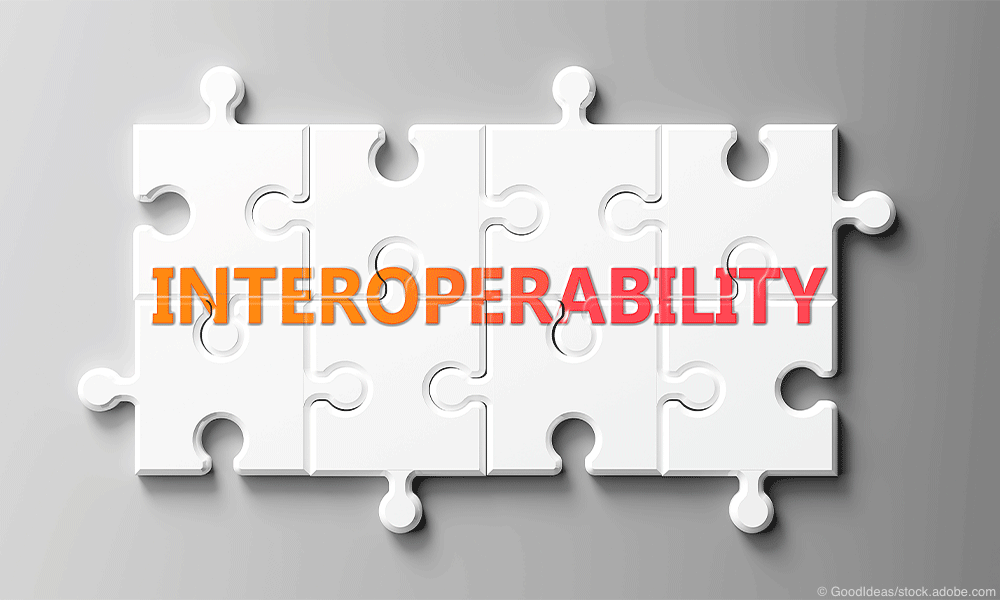
@ShahidNShah


The legislation, which goes into effect April 5, 2021, also calls for transitioning existing EHR specifications to the HL7 Fast Healthcare Interoperability Resources (FHIR) standard.
However, many healthcare stakeholders, as well as health IT vendors, aren’t prepared for FHIR implementation and still may not be by winter’s end. Out of the thousands of EHR vendors in the country, only about 680 have been certified as compliant with the most updated clinical data set. Initiative reported that the COVID-19 pandemic was hindering their ability to prepare for the forthcoming regulations.
Healthcare providers don’t have to navigate the complex transition to FHIR alone, but they’ll still need three things: an EHR that’s compliant with the 2015 Edition Health IT Certification Criteria; a technology vendor partner that has their back; and a communications strategy for patients and partners about interoperability and information sharing.
Continue reading at physicianspractice.com
Healthcare has finally seen its strong use case for the patient portal during the COVID-19 crisis, with patients and healthcare providers alike leaning on the technology to coordinate healthcare …
Connecting innovation decision makers to authoritative information, institutions, people and insights.
Medigy accurately delivers healthcare and technology information, news and insight from around the world.
Medigy surfaces the world's best crowdsourced health tech offerings with social interactions and peer reviews.
© 2025 Netspective Foundation, Inc. All Rights Reserved.
Built on Dec 16, 2025 at 1:07pm